Storm No. 3 and floods caused heavy damage to many agricultural production areas, however, places with solid infrastructure and greenhouses were less affected.
Conquering the difficult mushrooms of cold regions
I suddenly remembered the words of Ms. Duong Thi Thu Hue - Director of Kinoko Thanh Cao Import Export Company Limited, about in 2005, her company built the first factory in Thanh Cao commune (Thanh Oai district, Hanoi ), but after the record flood in 2008, the heavy damage made her decide to move the mushroom production facility to Doc Tin commune (My Duc district). And now it is no longer a simple factory as at first, but she has invested nearly 70 billion VND to build a complete mushroom production system, including interconnected areas such as seeding room, nursery room, packaging room and harvesting on a total area of 3 hectares with 100% of machinery, equipment, materials and mushroom varieties imported from Japan.
In the past, when interacting and working with Japanese people, Ms. Hue admired their diligence, strictness and meticulousness. In the early days of production, she was advised by Mr. Tsutomu - a leading Japanese microbiology professor to understand each type of mushroom, its biological characteristics and thereby conquer them.
Enoki mushrooms are a product from temperate regions, so they are very difficult to grow in Vietnam, requiring a year-round cold environment and expensive investment. In return, the market demand for enoki mushrooms is very large and increasing. For example, in Long Bien market, Hanoi, about 20 tons are consumed every day in the summer, and up to 60 - 80 tons every day in the fall and winter, most of which are imported from China at cheap prices but of limited quality and unclear origin. Meanwhile, the enoki mushroom production in Vietnam is very poor, only a few hundred kilograms, and the quality is still limited.
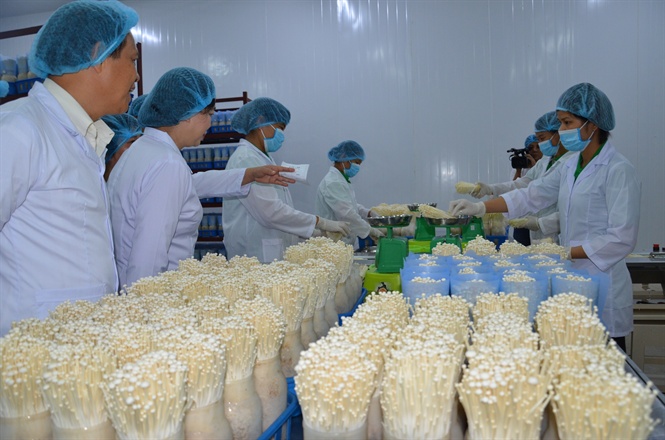
Since the early days of building the factory, Kinoko's mushroom products have been made according to Japanese standards. Photo: NNVN.
Therefore, Ms. Hue was determined to conquer this difficult mushroom. At the end of 2016, Kinoko's high-tech factory system in Doc Tin commune officially went into operation. However, the product quality was not as expected. After researching, she found out that the reason was due to the difference between the Vietnamese corn cob and the Japanese corn cob used as the environment for enoki mushrooms to grow, so she had to import them.
She also sent her people to Japan to learn how to operate a mushroom factory to ensure productivity, quality and shorten the time. From the incubation stage to harvest only takes about 40 days after going through all the processes such as mixing raw materials, heat treatment, seeding, care and packaging. If any stage has a problem, the entire batch is considered to be discarded. With conventional technology, no matter how carefully cared for, a 1kg bag of raw materials can only yield a maximum of 500 grams of mushrooms and must be replaced because the environment in which they are raised quickly degenerates and is susceptible to bacteria and mold. But with the application of modern Japanese production technology, 1kg of raw materials will yield 1kg of mushrooms.
Kinoko's output has gradually increased, while its quality has become more stable. Input materials such as rice bran, corn bran, dried beans, wheat bran, etc. are carefully selected by Ms. Hue, ensuring that they meet organic standards such as no pesticide residues, no preservatives and no growth stimulants. Thanks to that, the mushrooms grow healthily, accumulate many nutrients, and become a delicious product. Currently, the company's main mushroom structure is over 90% enoki mushrooms, the rest are shiitake mushrooms, lingzhi mushrooms, abalone mushrooms, etc. and the output reaches about 2 - 3 tons/day depending on the time. All are produced according to HACCP standards (international standards on quality management systems).
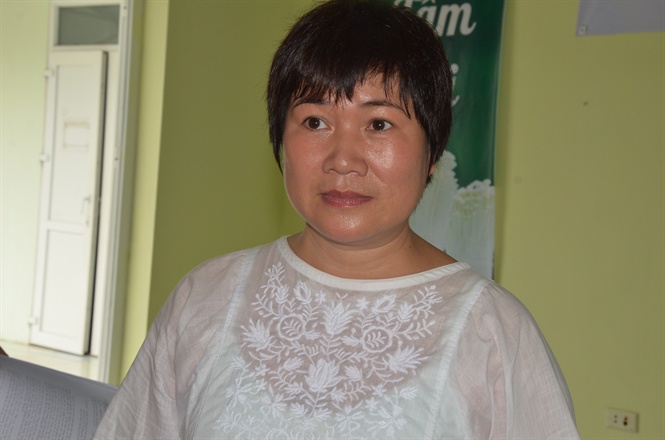
Ms. Duong Thi Thu Hue - Director of Kinoko Thanh Cao Import Export Company Limited. Photo: NNVN.
Ms. Duong Thi Thu Hue also boldly brought her Kinoko enoki mushroom product to participate in the OCOP program of Hanoi city and was rated 4 stars. Since then, the brand has become more and more popular, known to more consumers in the capital.
Hope the product reaches out to the whole country
During the mushroom production process, a large amount of residue is discharged. At Kiniko, they are not thrown away, wasted, causing environmental pollution, but the mushroom residue is used as a substrate for growing clean vegetables. A closed cycle of mushrooms to vegetables continues to operate. Thanks to that, Kinoko generates a revenue of about 2 - 3 billion VND/month, creating regular jobs for 30 local workers with a stable salary of 6 - 10 million VND/person/month.
When the reputation is affirmed, the market is further expanded, to meet the needs of customers nationwide, recently Ms. Hue decided to build an additional Kinoko Long Khanh mushroom production facility in Dong Nai province. From Long Khanh, Kinoko products can be easily supplied to the southern provinces and cities, minimizing transportation costs from the North, ensuring quality because the mushrooms are always fresh.
Kinoko Thanh Cao Import Export Company Limited of Ms. Duong Thi Thu Hue became the first enterprise to be granted a certificate of high-tech agricultural enterprise in Hanoi. Kinoko's clean mushroom model has opened a new direction for many others to follow, creating a clean mushroom industry for the entire capital.
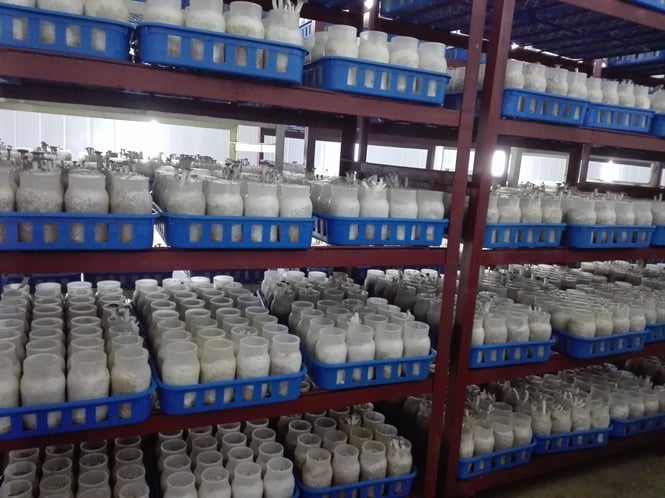
Mushroom cultivation using Japanese technology. Photo: NNVN.
However, according to Ms. Hue, the unit's high-tech agricultural products are facing fierce and unhealthy competition with many mushroom products of unknown origin that are widely sold on the market. Most of them are mushrooms imported from China but are labeled as domestic products to deceive consumers, selling them at very cheap prices. Small traders in wholesale markets and some stores are willing to help this type of fake mushroom for profit.
In addition, due to climate change, there are many hot days a year. If the hot weather is followed by a sudden power outage, all the mushrooms on the production line will be damaged, causing huge losses for Kinoko.
Hanoi is striving to increase the proportion of high-tech agricultural products to about 70% of the total agricultural products of the city in the coming time. To do that, the Hanoi Department of Agriculture and Rural Development encourages businesses, cooperatives and individuals to invest in expanding production using high technology, diversifying products and aiming for export. The Department will also accompany and support businesses, cooperatives and people in promoting trade, connecting markets, and putting products on e-commerce platforms for sale.
“To develop this new industry, I hope the city will have policies to support businesses investing in high technology in terms of facilities and equipment as well as participating in fairs and trade promotion programs to promote and introduce products,” Ms. Hue suggested.
Source: https://nongsanviet.nongnghiep.vn/chuyen-huong-sang-dau-tu-nong-nghiep-cong-nghe-cao-sau-mot-tran-lut-d401227.html


![[Photo] Cutting hills to make way for people to travel on route 14E that suffered landslides](https://vphoto.vietnam.vn/thumb/1200x675/vietnam/resource/IMAGE/2025/11/08/1762599969318_ndo_br_thiet-ke-chua-co-ten-2025-11-08t154639923-png.webp)





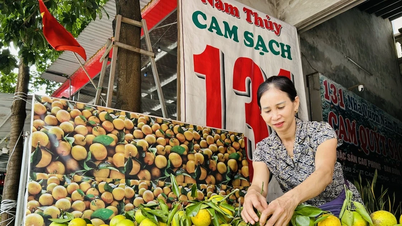

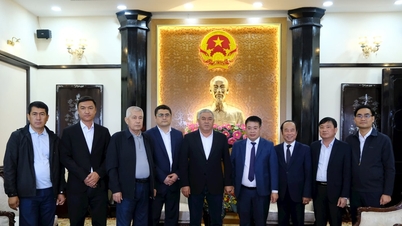


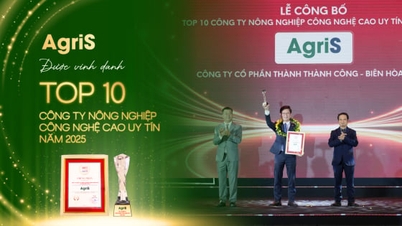

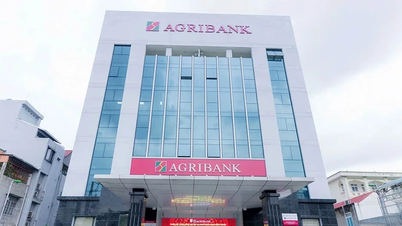
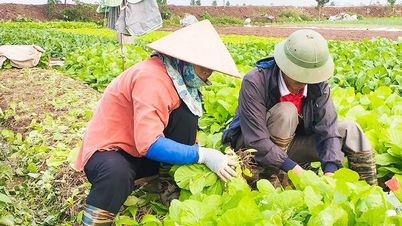
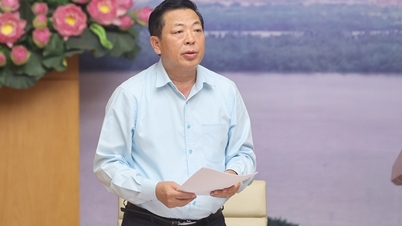

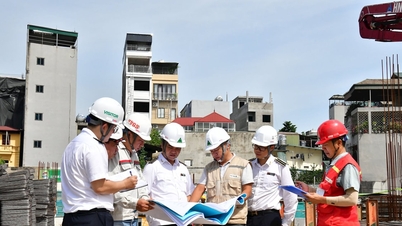










![Dong Nai OCOP transition: [Part 1] 'Upgrading' typical products](https://vphoto.vietnam.vn/thumb/402x226/vietnam/resource/IMAGE/2025/11/08/1762603566146_2152-san-pham-ca-cao-cua-to-hop-tac-ca-cao-thong-nhatjpg-nongnghiep-152146.jpeg)




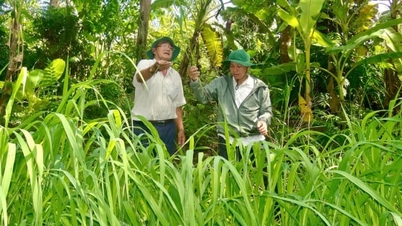







![[Video] Hue Monuments reopen to welcome visitors](https://vphoto.vietnam.vn/thumb/402x226/vietnam/resource/IMAGE/2025/11/05/1762301089171_dung01-05-43-09still013-jpg.webp)
















































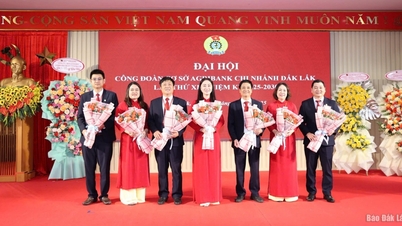

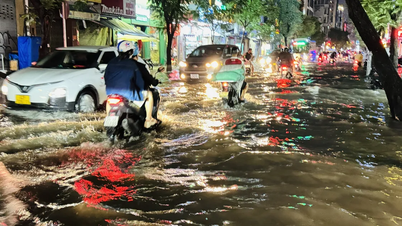

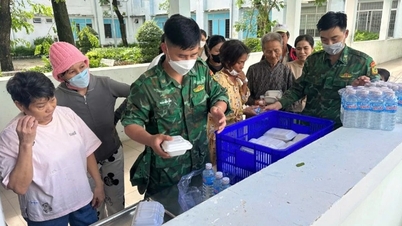










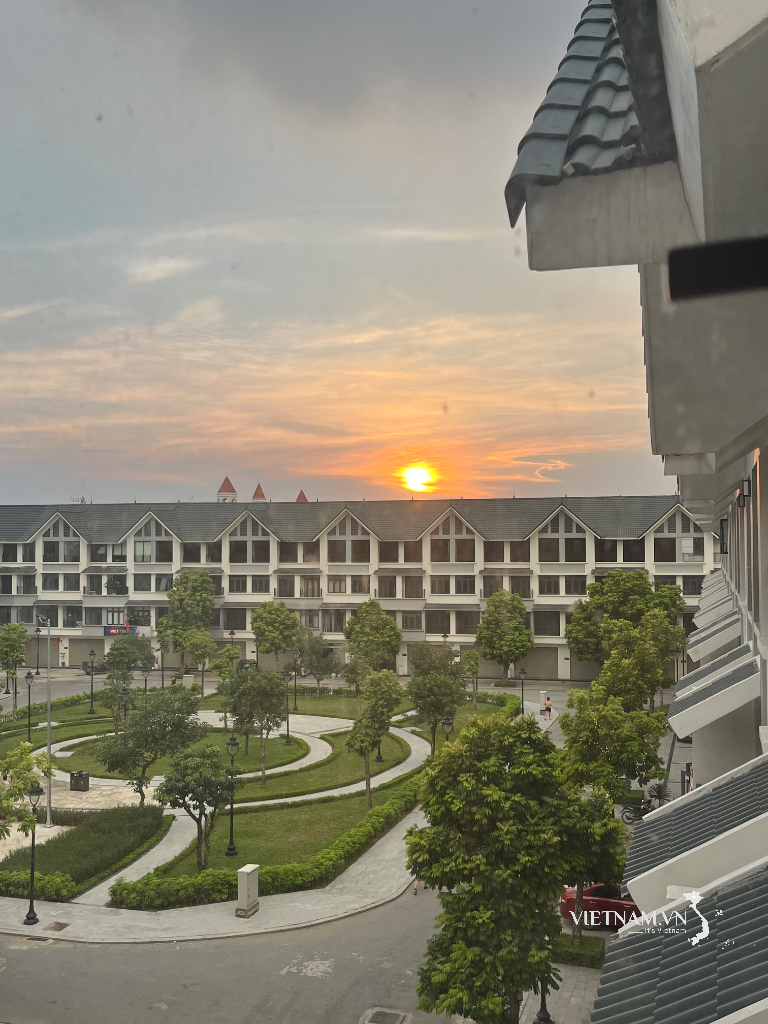


Comment (0)